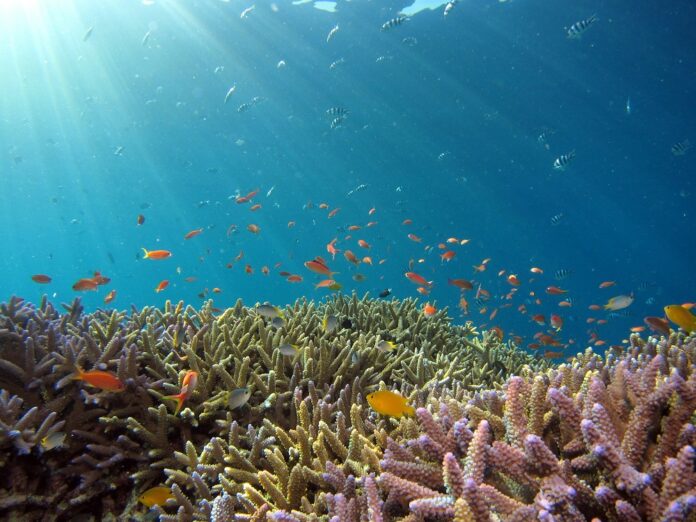China and Russia have escalated tensions with the United States and created a polarizing discourse regarding maritime borders and the interpretation of the United Nations Convention on the Law of the Sea (UNCLOS) by challenging America’s claim to mineral-rich areas of the seabed.
This challenge highlights the growing geopolitical competition for access to strategic resources in the world’s oceans.
An international agreement known as the United Nations Convention on the Law of the Sea (UNCLOS) outlines each country’s obligations and rights about using its ocean resources. It was ratified in 1982 and became operative in 1994.
Determining maritime boundaries, navigation, environmental preservation, the exploitation of marine resources, scientific research, and the resolution of maritime-related disputes are all governed by UNCLOS. The U.S. has not ratified the agreements to this day.
“Hundreds of former U.S. government officials and military officers [including the former Secretary of State Hillary Clinton] recently wrote to Senate leaders urging the body to ratify UNCLO,” the Financial Times reported.
The creation of exclusive economic zones (EEZs), which can extend up to 200 nautical miles from a nation’s coastline and within which the coastal state has sovereign rights over natural resources, is one of the main features of UNCLOS.
The Convention also establishes guidelines for the preservation and protection of the marine environment, acknowledges the rights of states that are landlocked or geographically disadvantaged and provides a process for the amicable resolution of disputes between states.
An analysis by the Atlantic Council states that the lack of U.S. participation in the treaty “has already led to the dominance of deep sea exploration permits by geopolitical competitors—China and Russia together have won nine permits, including in areas historically claimed by the United States.
Because of its extensive reach and function in offering a legal framework for the management of maritime affairs, UNCLOS is frequently referred to as the “constitution for the oceans”. One of the most widely ratified international treaties in history, UNCLOS has been ratified by 167 nations, as well as the European Union as of 2021.
“China relies heavily on the United Nations Convention on the Law of the Sea (UNCLOS) to protect its ability to navigate the Arctic,” The Diplomat wrote regarding the matter.
The US claim to mineral-rich areas of the seabed is being challenged by China and Russia, which brings to light the difficulties of maritime governance and the growing rivalry for strategic resources in the world’s oceans.
The necessity of diplomatic efforts to end the standoff and preserve the fundamentals of international law has grown more obvious as tensions continue.



